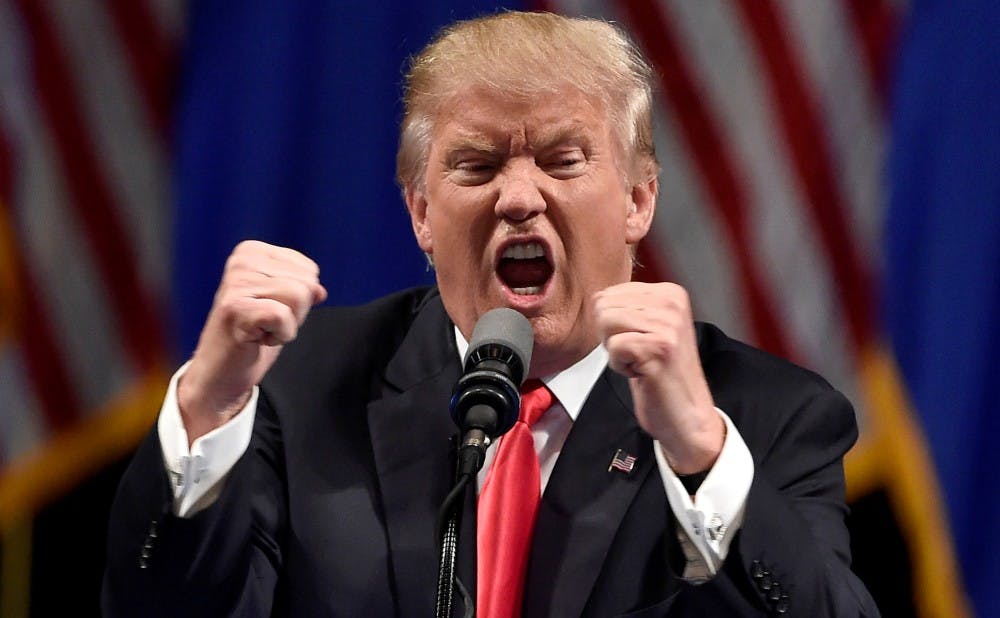Duke faculty are keeping a close eye on Donald Trump's plans as the next president.
After Trump's historic upset, analysts across the country have been studying the factors that led to his victory, citing reasons ranging from low voter turnout to election fraud. Many are also questioning whether Trump will actually carry out the ideas he proposed as a presidential candidate, said Peter Feaver, professor of political science and public policy.
“Even though you’re president and the most powerful person in the world, there’s institutional constraints imposed on you and that will require a certain amount of discipline,” he said.
Feaver—who previously characterized 2016 as a year where “everyone’s flunked” basic thresholds for becoming commander-in-chief—said that Trump's attitude seems to have changed in the past few weeks, presumably in preparation for his responsibilities as president.
Many of Trump's cabinet appointments also share similarities with previous Republican choices, actions which diverge from his campaign's anti-establishment platform, Feaver said.
“It looks like he’s going straight, traditional Republican and giving up on all the populist stuff,” said John Aldrich, Pfizer-Pratt University professor of political science, noting that it is typical for Republican candidates to abandon a populist platform after winning an election.
Trump recently appointed Reince Priebus, chairman of the Republican National Committee, as his chief of staff and Elaine L. Chao, former labor secretary under President George W. Bush as transportation secretary.
Fever added that many of Trump's hallmark messages, such as building a border wall with Mexico, may never become a reality.
Despite taking on a more traditional tone, Trump could still prove unpredictable in his foreign affairs dealings, said Bruce Jentleson, professor of public policy and political science.
“[His ideas] may sound good as a sound bite, but it’s really not a smart, effective foreign policy,” he said.
Jentleson noted that he still feels trepidation because of Trump's victory.
“If he pursues even a significant percentage of the issues that he ran on, it’s going to very divisive at home and very destabilizing abroad,” he said.
In light of the election's surprising outcome, Feaver noted that he and his colleagues will be a bit more cautious in how they analyze Trump going forward.
An underestimation of the extent to which the public was dissatisfied with Clinton may have led to the unexpected results, he explained.
“Political science has an uneven track record of prediction, but we’re very apt at retrodiction,” Feaver said.
Get The Chronicle straight to your inbox
Signup for our weekly newsletter. Cancel at any time.

